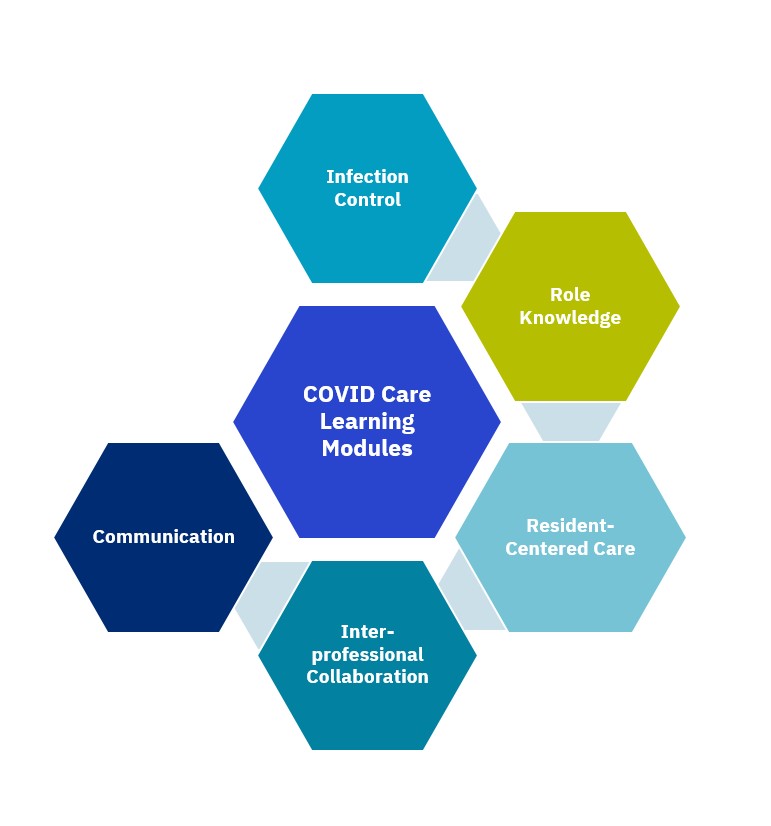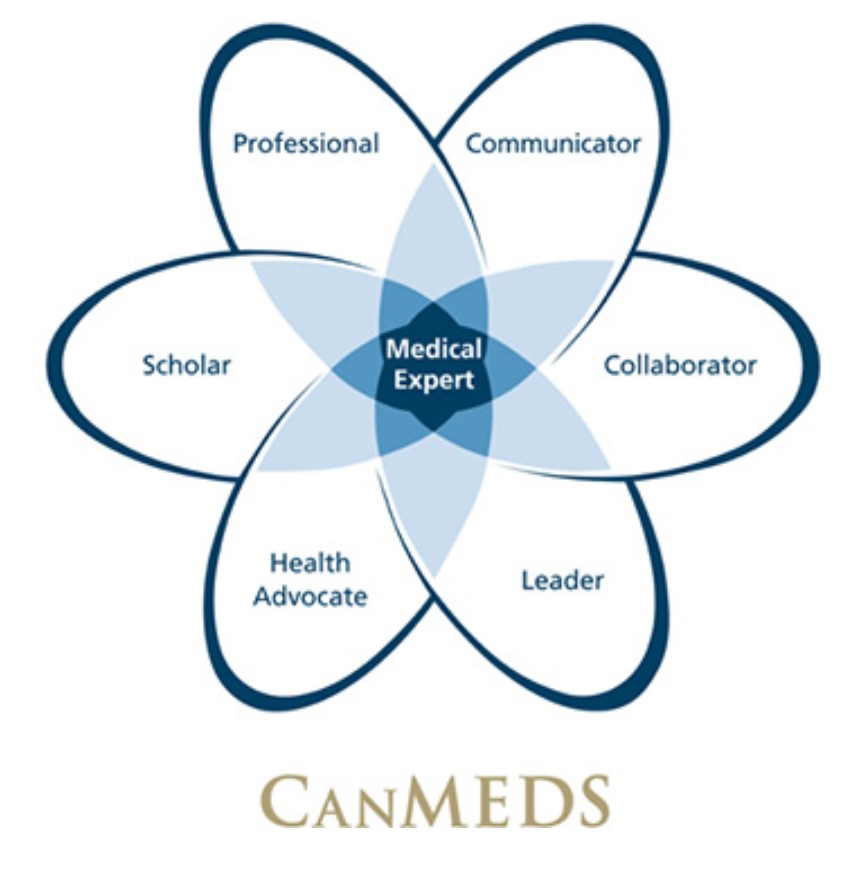INNOVATION
Curriculum Development and Delivery
Introduction
Touchstone Institute researches, designs and develops education programs for internationally trained health professionals, including international medical graduates (IMGs). Our programs are reviewed, designed and led by health professionals, with the input and guidance of academic professionals. All of our curriculum projects are anchored in current competency frameworks and practice standards.

Key Links
Contact Us
To inquire about our learning programming
Collaborating on Curriculum
Long Term Care (LTC) facilities faced urgent needs for available health care professionals during the COVID-19 outbreak. The Ministry of Health approached Touchstone Institute to collaborate with Michener Institute @ UHN on an online learning platform for healthcare workers deployed to LTC.
Touchstone Institute worked collaboratively with subject matter experts to identify critical foundational domains and knowledge for staff in LTC homes. The resulting framework ensures that the online learning platform built by Michener Institute (COVID & Critical Care Learning) adequately addresses key skills required for working in a Long-Term Care setting.
Inputs into the Development of the framework included the National Interprofessional Competency Framework, LTC role descriptions from Ontario Long-Term Care Association, and environmental scans substantiated by nursing SME consultations
Below are the key competencies that emerged:
Those interested in further information on how to apply the Framework can reach us through our Contact Us form.

New Programming
Communication through Simulation
The Communication through Simulation Project was a curriculum development project to create an experiential learning program targeting professional communication skills for the healthcare workplace. Using a design-thinking methodology, this curriculum development project built on research conducted on communication competencies for regulated health professions in Ontario and leverages the 360° View on Communicative Competence at Work. If you are interested in learning about or participating in the Communication through Simulation program, visit our Program Information page.

Pre-Residency Program
Pre-Residency Program
Pre-Residency Program Curricula are rooted in the CanMEDS 2015 and CanMEDS-FM 2017 frameworks developed by the Royal College of Physicians and Surgeons of Canada. The curricula address competencies specified by the Transition to Discipline and Foundations of Discipline stages in the CBD Competence Continuum. They are designed and validated by health professionals, with the input and guidance of academic professionals. During the program’s clinical teaching sessions, physician facilitators are involved in the daily learning of examinees, while standardized clients act as resources, offering valuable feedback. Supplementary customized sessions on communication, ethics, and provincial regulations are offered by specialists in those areas.
